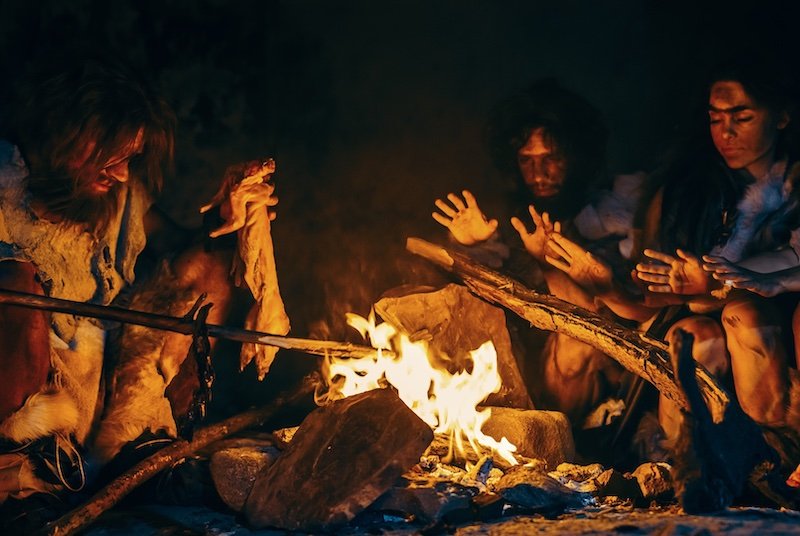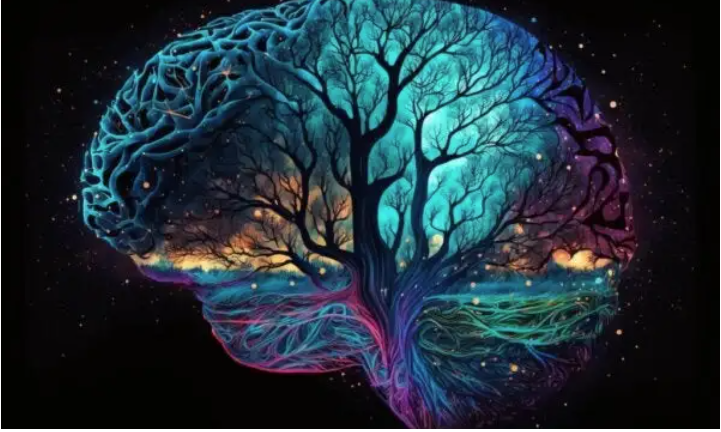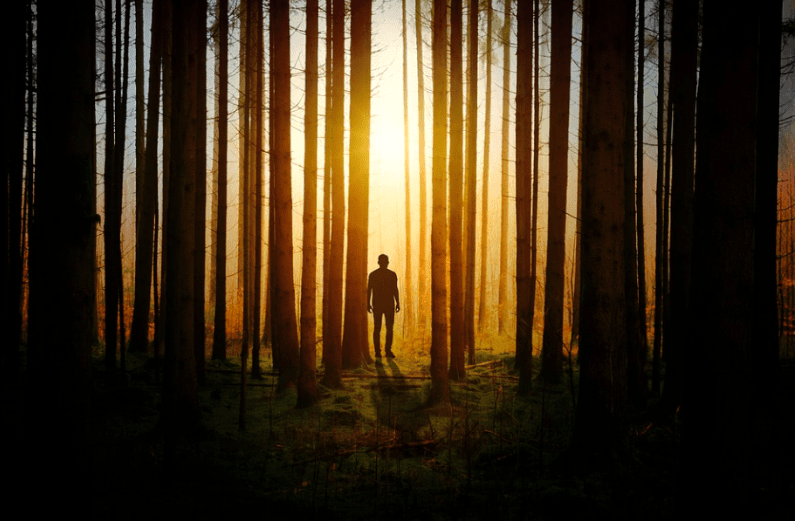Scientists estimate that our early ancestors used fire to cook their food long before Homo sapiens appeared.
And a recent study has found what may be the oldest known evidence of this primitive cooking: The remains of a 780,000-year-old meal of fried carp.
For our ancestors, cooking signaled much more than a lifestyle change. Apart from giving us bigger brains and fueling our evolution, it would later become central to the feasting rituals that brought communities together.
As Matt Sponheimer, an anthropologist at the University of Colorado at Boulder who studies the diets of early human ancestors, points out, the story of human evolution seems to be the story of what we eat.
“The new study, published in the journal Nature Ecology and Evolution, is based on material from Gesher Benot Ya’akov, a wetland on the shore of an ancient lake in Israel.
Lead author Irit Zohar of Tel Aviv University argues that artifacts from the site show that it was home to the extinct Homo erectus community, one of the first human species to walk upright.
Naama Goren-Inbar, an archaeologist at the Hebrew University of Jerusalem who led the excavations, says that during years of “digging in the mud” at the site, researchers have been examining fish remains, especially teeth.
Many of these remains were from several species of large carp and were clustered around specific spots in the area where researchers also found signs of fire.
Tests revealed that the teeth had been exposed to a certain amount of heat, though not extremely hot. As Zohar explains, this suggests that the fish were cooked slowly and at low temperatures, rather than being thrown into a fire.
With all this evidence, the authors conclude that these human cousins used fire for cooking more than a quarter of a million years ago. This is much earlier than the earliest evidence of Stone Age humans eating charred roots in South Africa.
The researchers – like many of their colleagues – believe that cooking started long before that, even if physical evidence is hard to find.
Study author Israel Hershkovitz of Tel Aviv University says he is confident that an even earlier example will be found in the near future.
To some extent, using fire for cooking was an important step in human evolution.
David Braun, an archaeologist from George Washington University, who was not involved in the study, says that cooking made it easier for the body to digest and absorb nutrients. So, when early humans learned to cook, they had access to more energy that they could use to fuel larger brains.
Based on how the brains and bodies of human ancestors developed, scientists estimate that cooking skills must have emerged around 2 million years ago. “If we had continued to eat a raw diet, it would have been very difficult for us to have survived as large-bodied primates,” Braun said.
The first meals that were cooked were very different from what we eat today. And over the intervening years, humans began to eat not only for energy, but also for society.
In a 2010 study, researchers identified the earliest evidence of a specially prepared feast that brought people together 12,000 years ago in a cave in Israel.
Natalie Munro, an anthropologist from the University of Connecticut who led the study, says the cave, which served as a burial site, contained the remains of a special woman who appeared to be a shaman for her community.
Her people apparently held a feast to honor her death. Munro and his team also found numerous animal remains at the site, including enough turtles and wild cattle to create a hearty feast.
Munro says this “first feast” came at another important transition point in human history, as hunter-gatherers began to settle into more permanent living conditions. Gathering together for special meals could be a way of building community and easing tensions.
And while a typical feast no longer involves eating turtle meat in burial caves, Munro says he still sees the same roles – exchanging information, making connections, competing for status – taking place in modern gatherings. “This is something that is intrinsically human, and it’s exciting to see the first evidence of it.”





